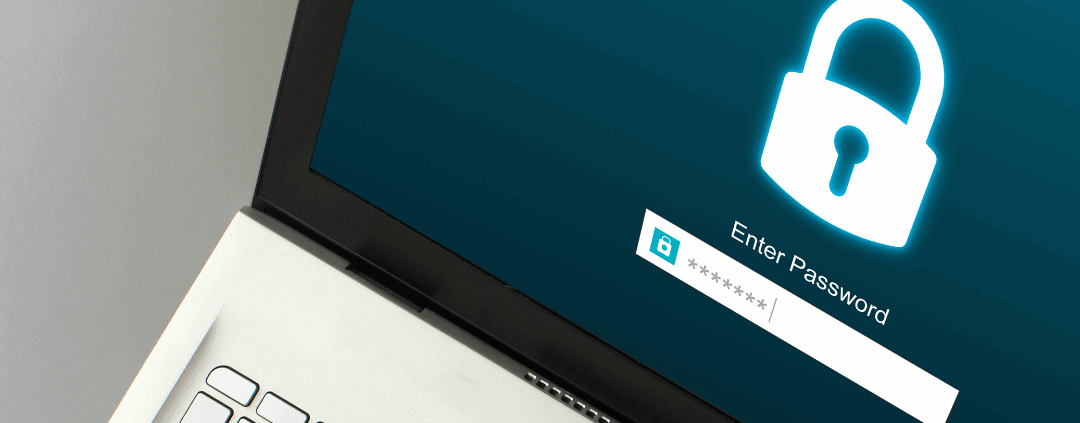Security Alert: 16 Billion Passwords Exposed – What’s Happening and How to Protect Yourself
A newly uncovered cybersecurity breach is making headlines after exposing over 16 billion login credentials, including accounts associated with major platforms like Apple, Google, Facebook, and even government services. The data appears to have been compiled from various malware infections that collected sensitive information from compromised systems. As security experts sound the alarm, this incident highlights the growing urgency for individuals and organizations to take proactive steps in safeguarding their online accounts.
Understanding the Breach
- What Happened: A cybersecurity researcher discovered a publicly exposed database containing login credentials for various services, including Google, Apple, and government portals.
- How It Happened: The data was likely obtained through infostealer malware, which extracts sensitive information from infected systems.
Risks of Compromised Passwords
- Identity Theft: Cybercriminals can use stolen credentials to commit fraud and identity theft.
- Unauthorized Access: Access to personal and financial accounts can lead to significant financial loss and privacy invasion.
- Broader Implications: Government and health platform credentials being exposed can put individuals at serious risk.
The Alarming Stats
- In 2022, over 24 billion passwords were exposed by hackers
- More than 80% of confirmed breaches are related to stolen, weak, or reused passwords
- 49% of all data breaches involve passwords
- Nearly 60% of individuals strengthen their passwords after noticing unauthorized access to their accounts
- One-third of people have experienced a data breach due to weak credentials
Recommendations to Protect Your Passwords
- Use Strong, Unique Passwords:
- Avoid using the same password across multiple accounts.
- Create complex passwords with a mix of letters, numbers, and special characters.
- Enable Two-Factor Authentication (2FA):
- Add an extra layer of security by requiring a second form of verification.
- Regularly Update Passwords:
- Change your passwords periodically to reduce the risk of long-term exposure.
- Be Wary of Phishing Attempts:
- Avoid clicking on suspicious links or downloading attachments from unknown sources.
- Use a Password Manager:
- Store and manage your passwords securely with a reputable password manager.
- Monitor Your Accounts:
- Regularly check your accounts for any unauthorized activity and report it immediately.
The scale of this breach is a wake-up call: billions of passwords are already out there, and yours could be among them. But the good news is, strong digital hygiene is within your control. By adopting simple, proven practices—like unique passwords, two-factor authentication, and vigilant monitoring—you can dramatically reduce your risk. Cybersecurity is no longer optional; it’s essential. Take action today to protect your identity and peace of mind.









Leave a Reply
Want to join the discussion?Feel free to contribute!